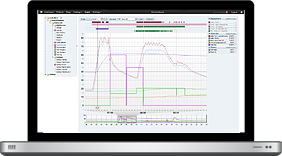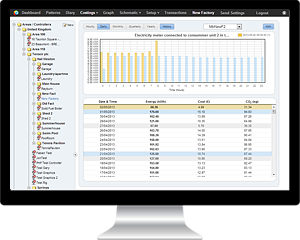Energy bills could soar by more than 600 pounds a year, consumer group warns
Household energy bills might reach an yearly average of 2,000 pounds by 2020, roughly 600 pounds more than today, pushing even more people into fuel poverty, a major consumer group has warned recently.
According to a report by The Telegraph, consumer group Which? estimated that energy companies would need to spend £118 billion on new infrastructure between now and 2020, most of the money being required for building power stations, replacing grids and erecting wind farms as part of a drive to sustain the power supply and cut down on carbon emissions.
And it’s quite widely accepted that all of these costs will be passed on to end consumers, who might wind up paying up to £640 more each year on their household energy bills, even in the unlikely situation that wholesale costs of gas and electricity remained stable.
This proves once more that active steps should be taken by each individual in order to optimize their energy consumption.
One such step would be investing in a building energy management system designed to slash consumption levels by optimizing various parts of the heating process.
Building Energy Management Systems are capable of delivering extensive monitoring and control options, compared to basic controls. They typically employ data from a variety of sources (boiler flow and return sensors, internal and external temperature sensors, occupancy sensors, humidity sensors, etc.), and enable the perfect optimization of a building’s boiler-based central heating system.
If you’d like to find out more about the savings enabled by the HeatingSave Building Energy Management System, just contact our dedicated product team, they’ll be more than happy to answer all of your questions and queries.






